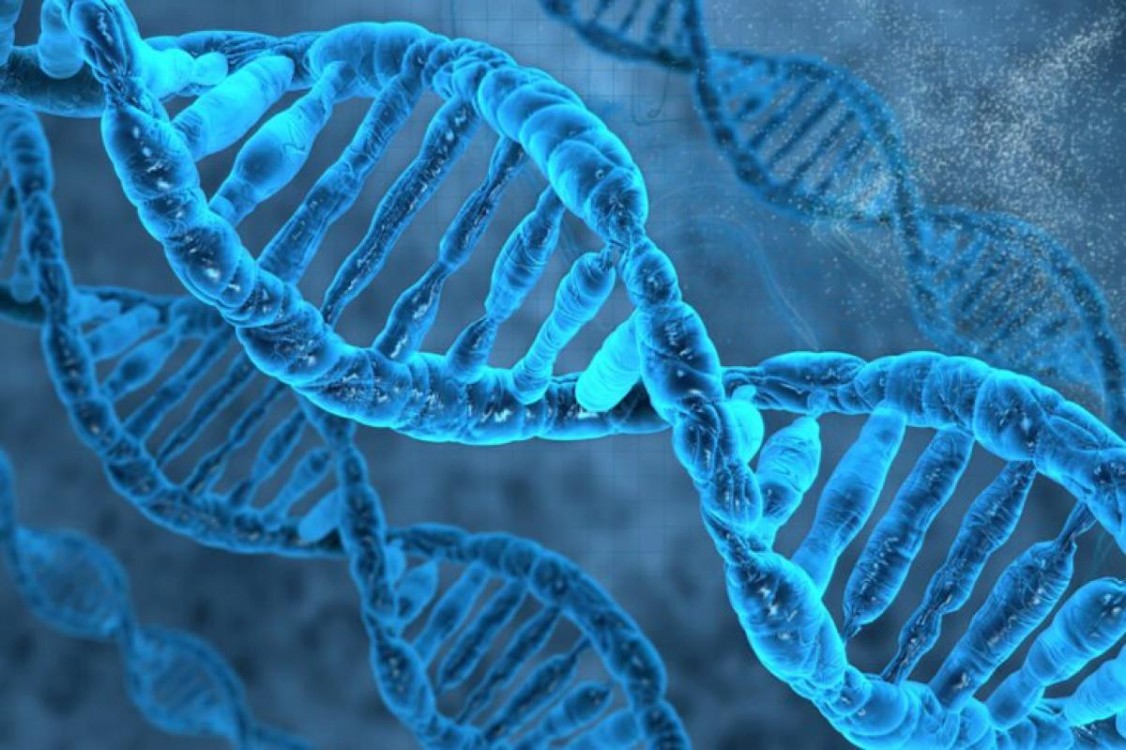
A recent study from Northwestern University shows poverty exposes individuals not only to environmental hazards but potentially biological ones as well.
It’s too early to make a connection between poverty and a detrimental effect on genes, and the authors emphasize the findings do not determine a person’s fate. Nevertheless, their research shows poverty is associated with DNA methylation (DNAm), a non-genetic influence on genes, which results in 10 percent of all genes being affected.
“We have known people who grow up in adverse socio-economic status are more susceptible to an earlier death. The contribution of our study is that it leaves a mark on your genes and shows the power of socio-economic factors shaping our biology,” Thomas McDade, a professor of anthropology at Northwestern’s Institute for Policy Research, and a lead researcher on the study, told Occupy.com.
Researchers started their work in 1983 with pregnant women in the Philippines living in poverty. From the birth of these children into their adulthood, researchers collected biological data on the participants and found a change in gene expression, a feature correlated with immunity to disease.
The environmental health consequences of poverty – or what is known as social determinants of health by medical practitioners – have been well documented. SDOH includes access to health care, public transportation and education, job opportunities and social support.
Those living in poverty are more likely to die from preventable diseases like heart disease and lung cancer, and less likely to get preventative medical care, eat right or exercise regularly. A report in the Journal of American Medical Association showed as much as a 14-year life expectancy gap between the poorest and richest Americans.
The flip side of the coin is inherited genes. Some people have genes that lead to shortened life spans, in addition to those with genetic predispositions toward addiction, certain forms of cancer, or inheritors of genetic diseases such as cystic fibrosis. The most important factors for life expectancy remain diet, exercise and even education.
What the new study suggests, though, is the effects of poverty are not strictly nature versus nurture – but that poverty can leave an actual imprint on human DNA.
The new research has the potential to change the paradigm for combating poverty. Until just the last few decades, addiction was more likely to be viewed as a moral or personal failing. Research done by scientists demonstrated the genetic, as well as environmental, causes of addiction.
“Like other complex diseases, such as obesity, diabetes, cancer, coronary heart disease, and AIDS, the addictions are strongly influenced by genetic background and also profoundly influenced by lifestyle and individual choices,” states the National Institutes of Health.
The Northwestern study was done in the Philippines but is applicable to other countries like the U.S., McDade said. Researchers will study the effect further, looking at other ways poverty affects genes and whether perhaps genes impacted by poverty can be passed on, or cause irreparable harm.
In the meantime, researchers hope policymakers don’t wait until more research is conducted, peer-reviewed and then published, something than can take years. “My hope is that these data will help mobilize efforts to reduce poverty by documenting that it can affect the structure and likely function of a large proportion of the genome as well,” McDade said.
















